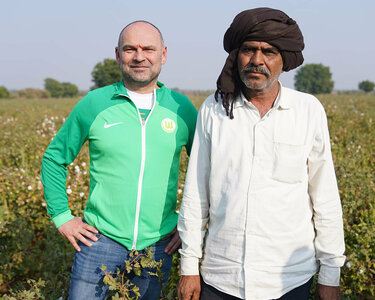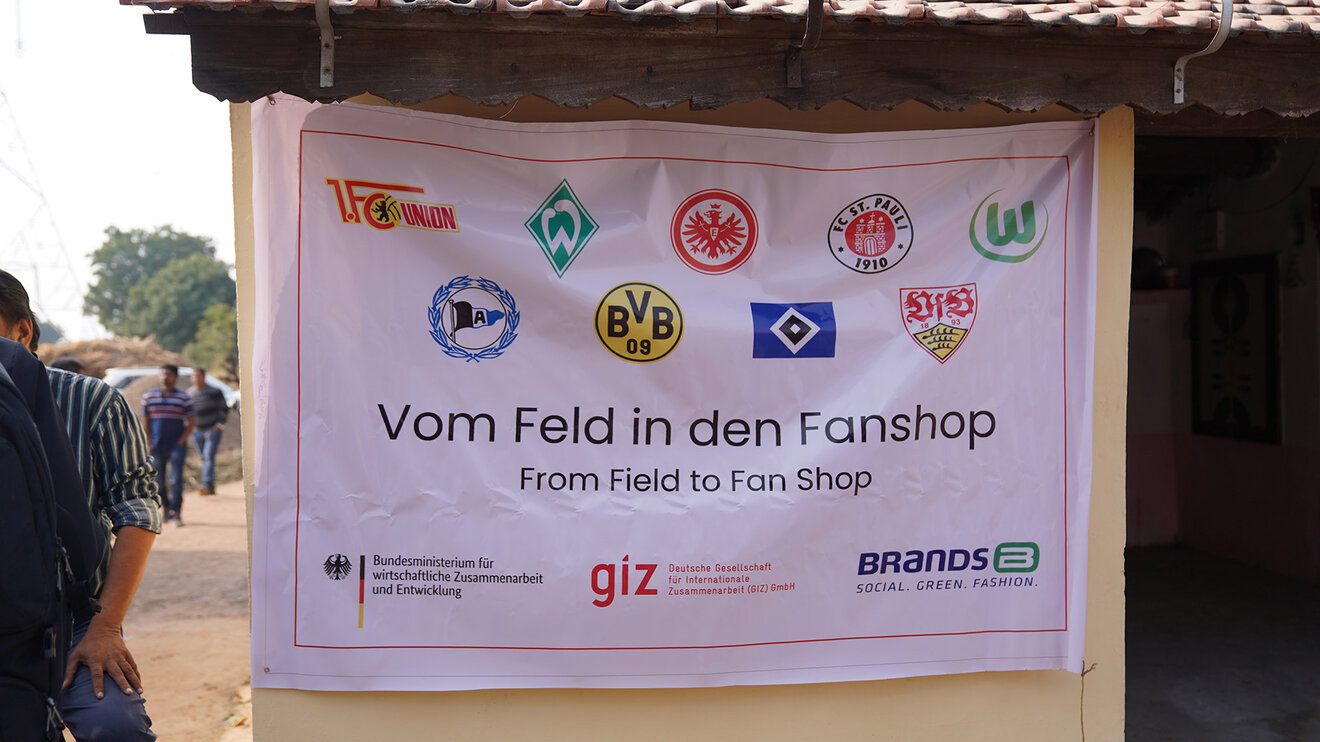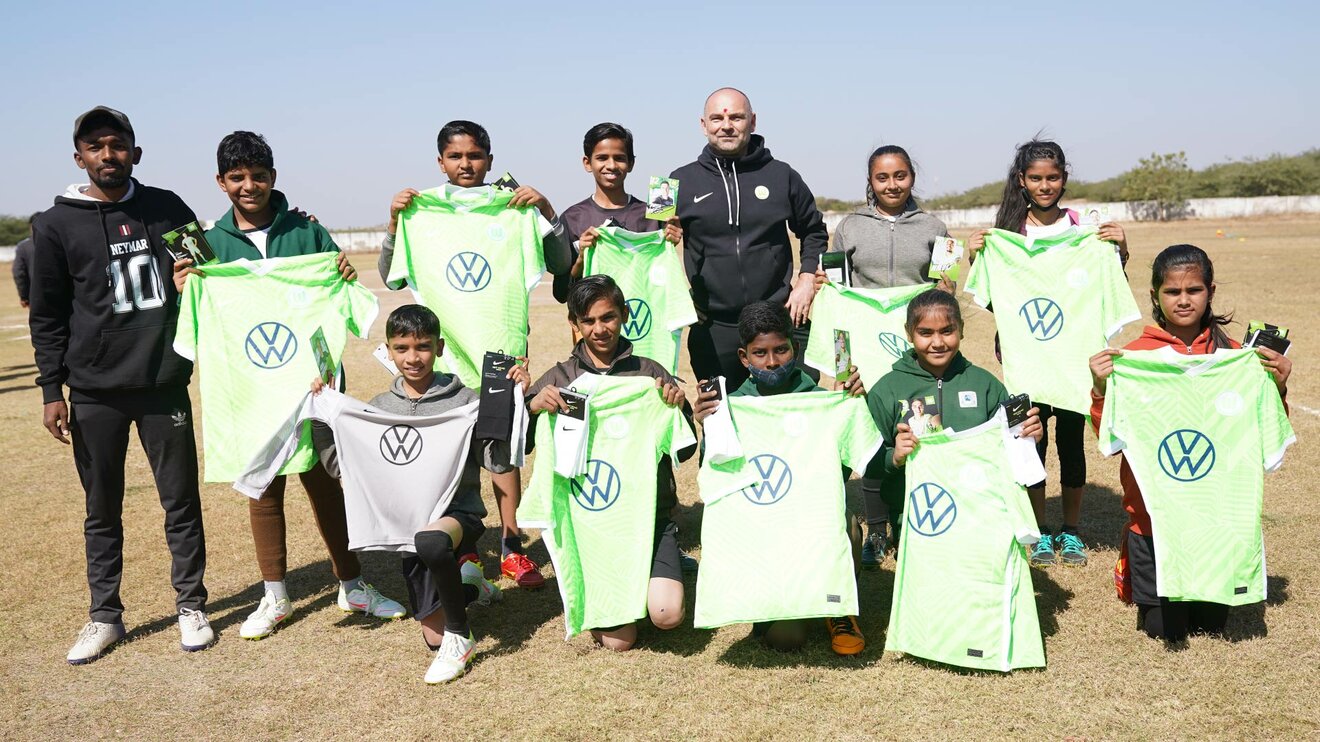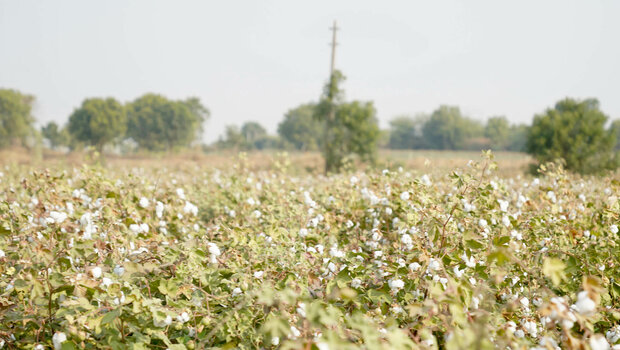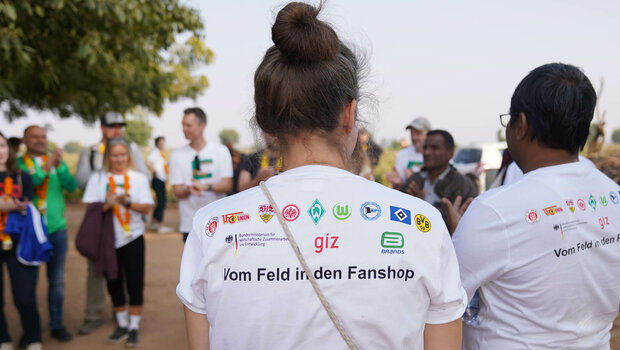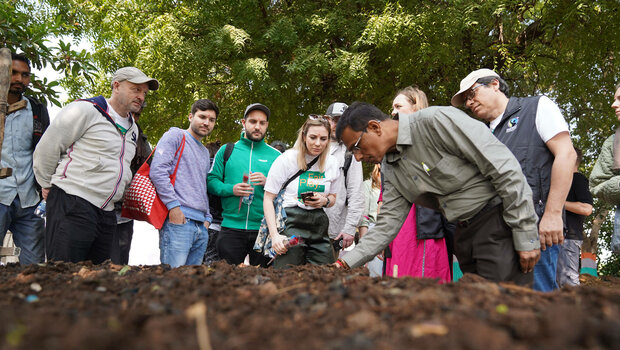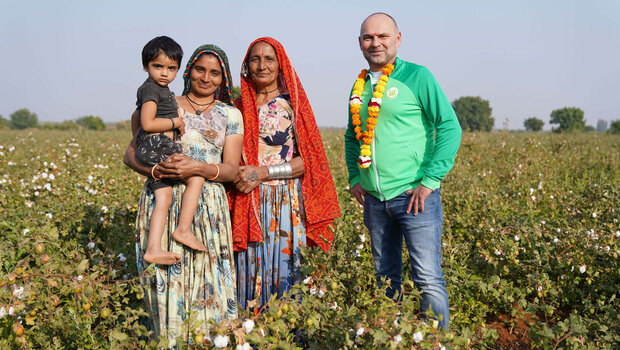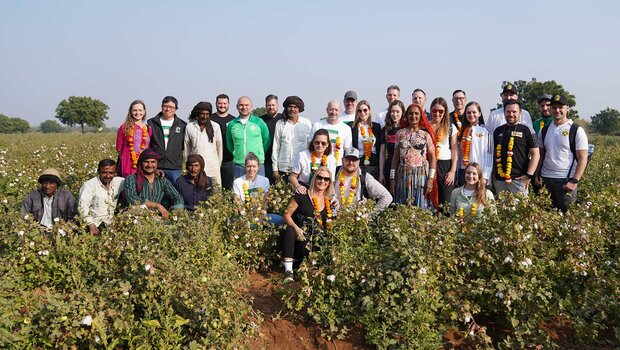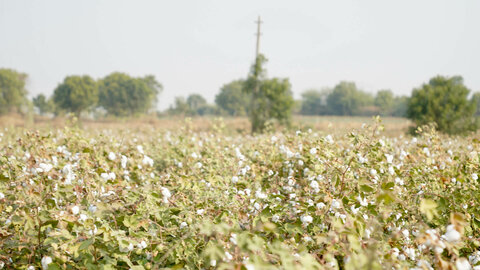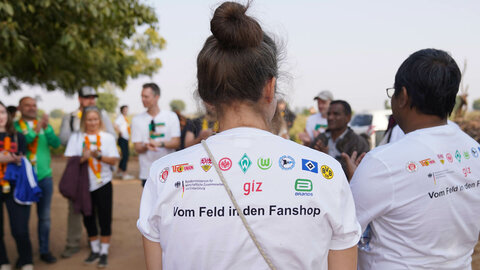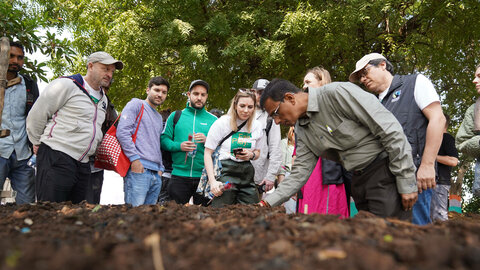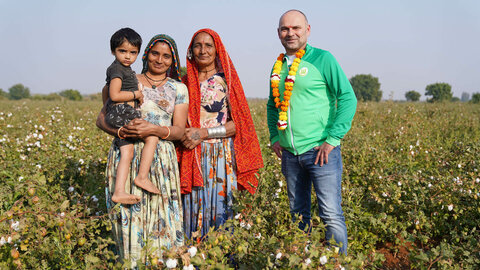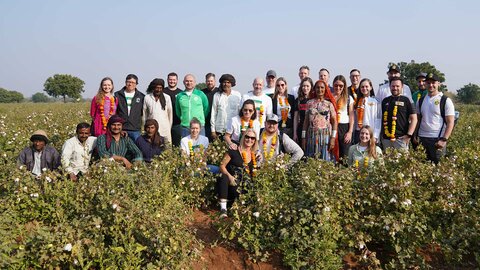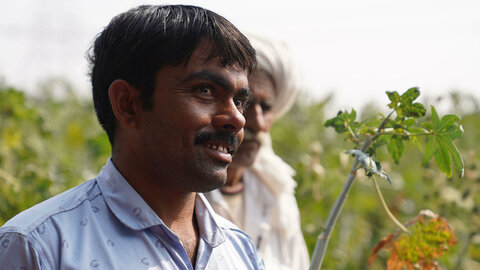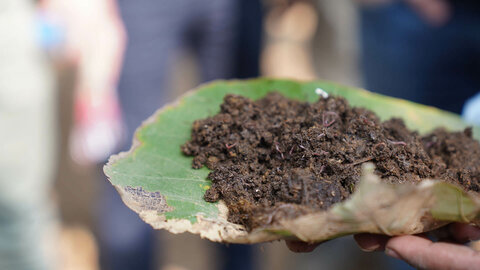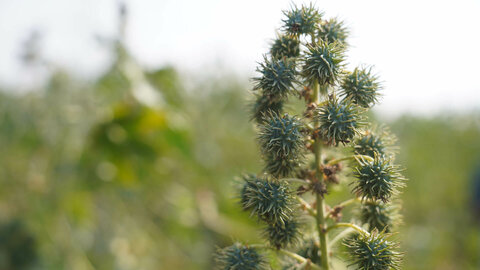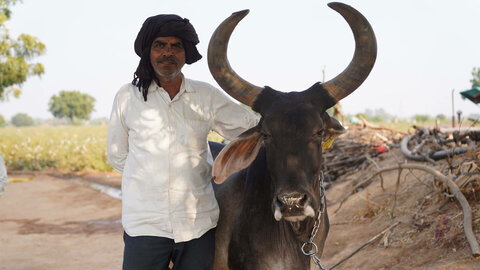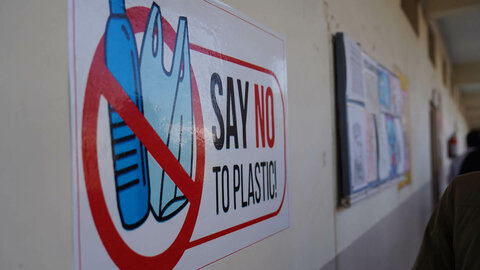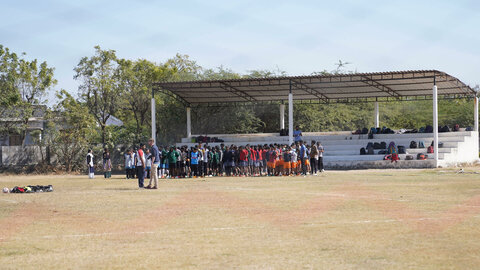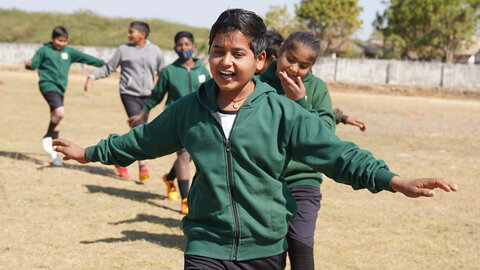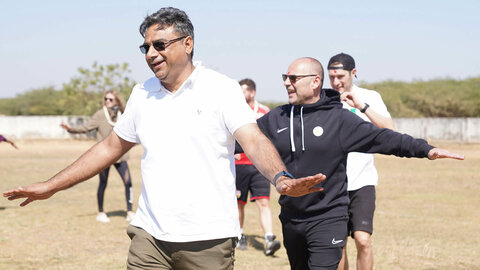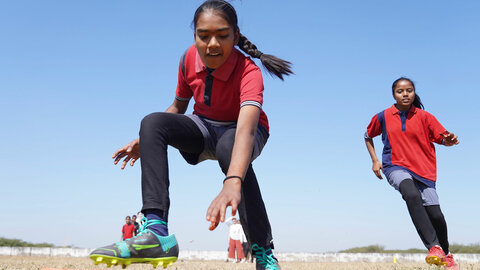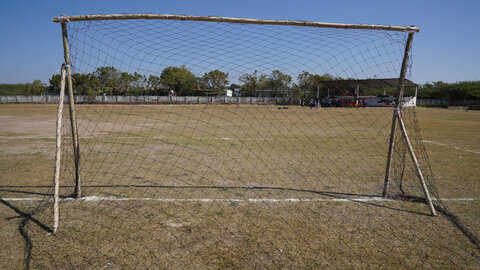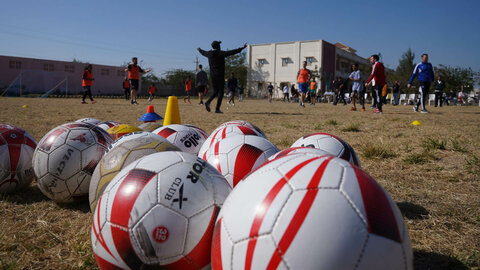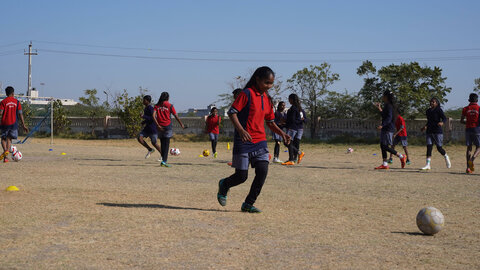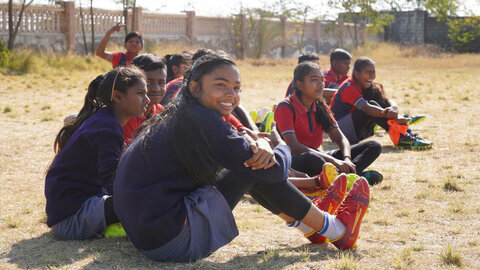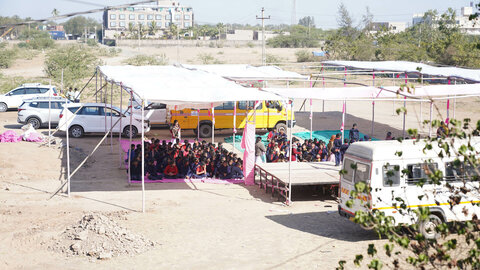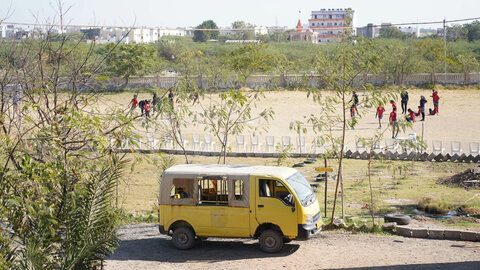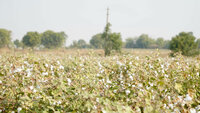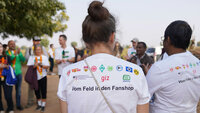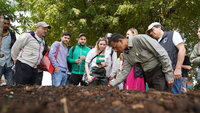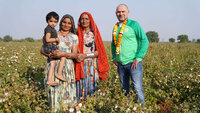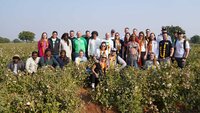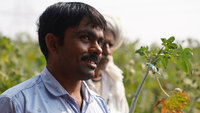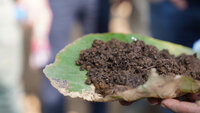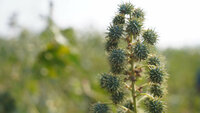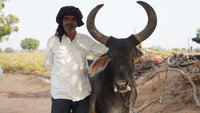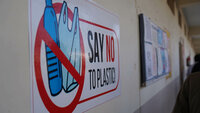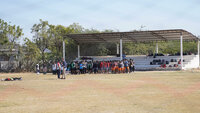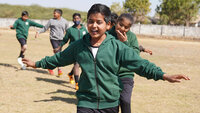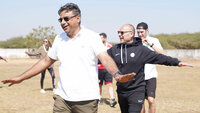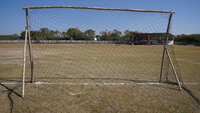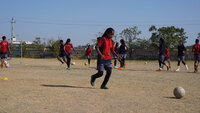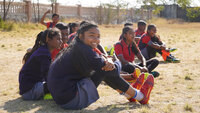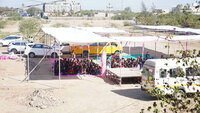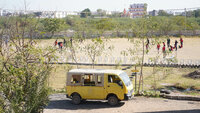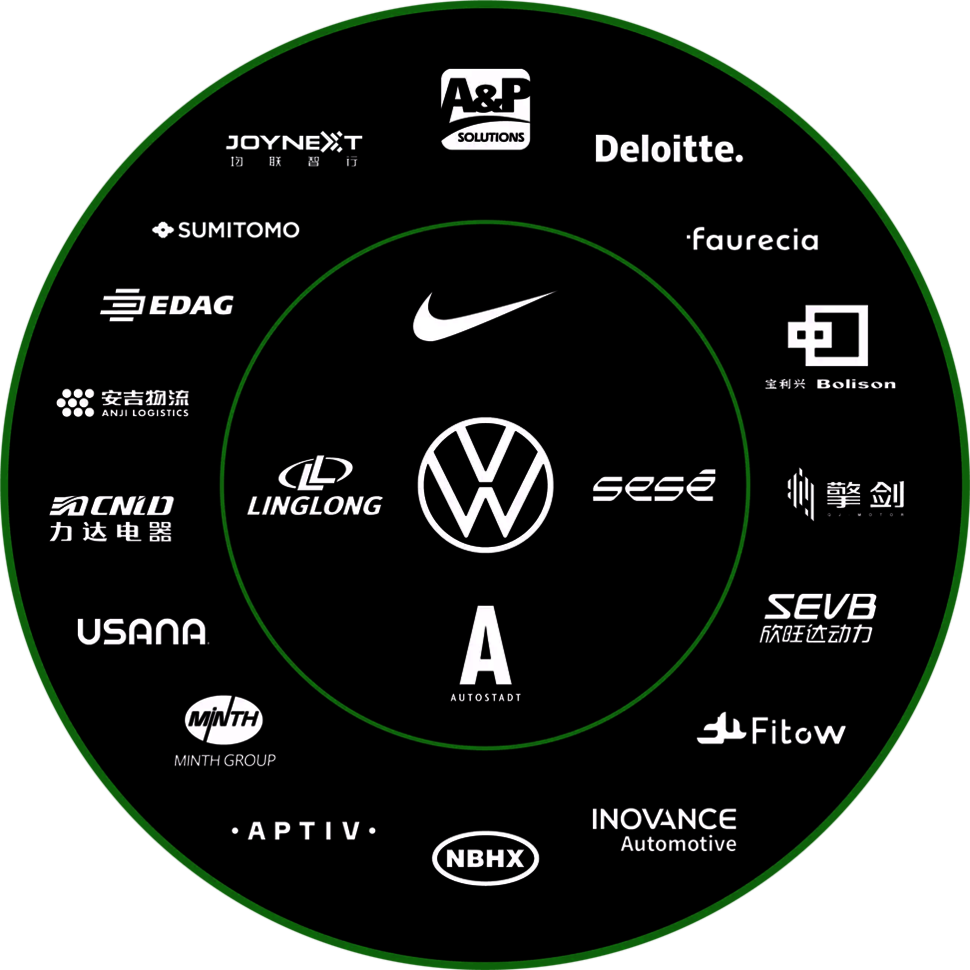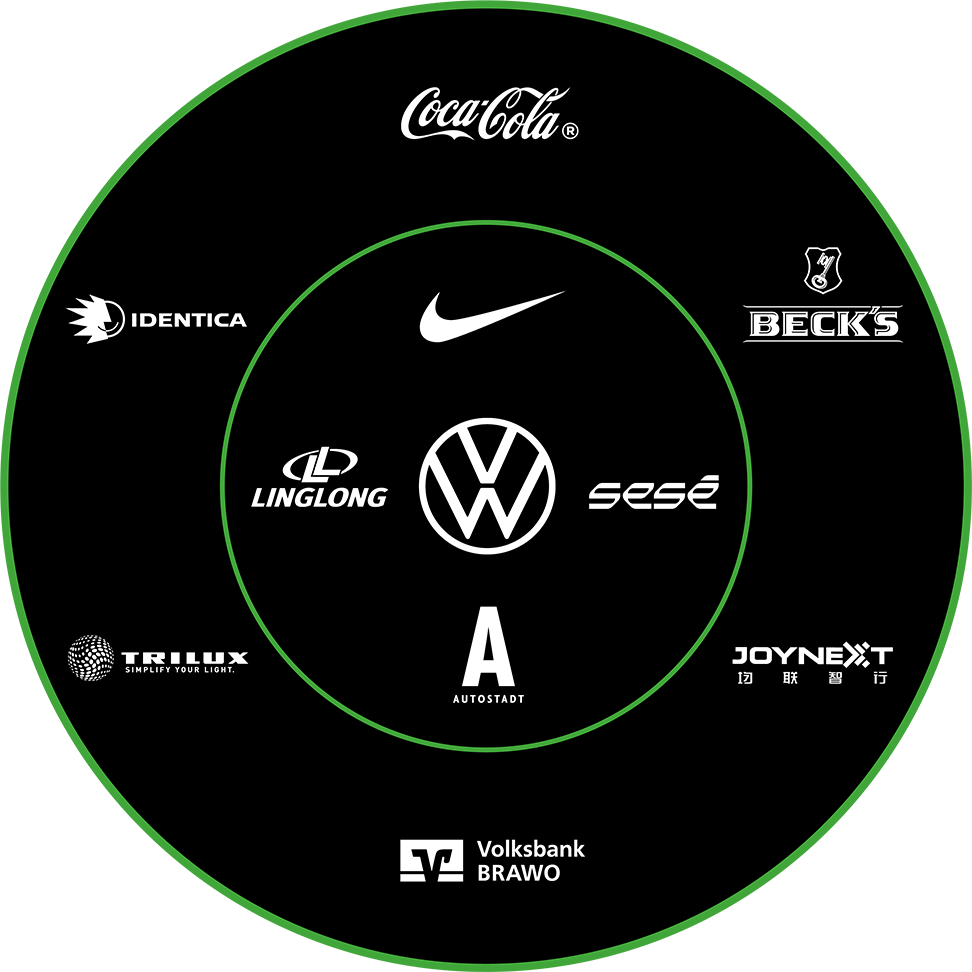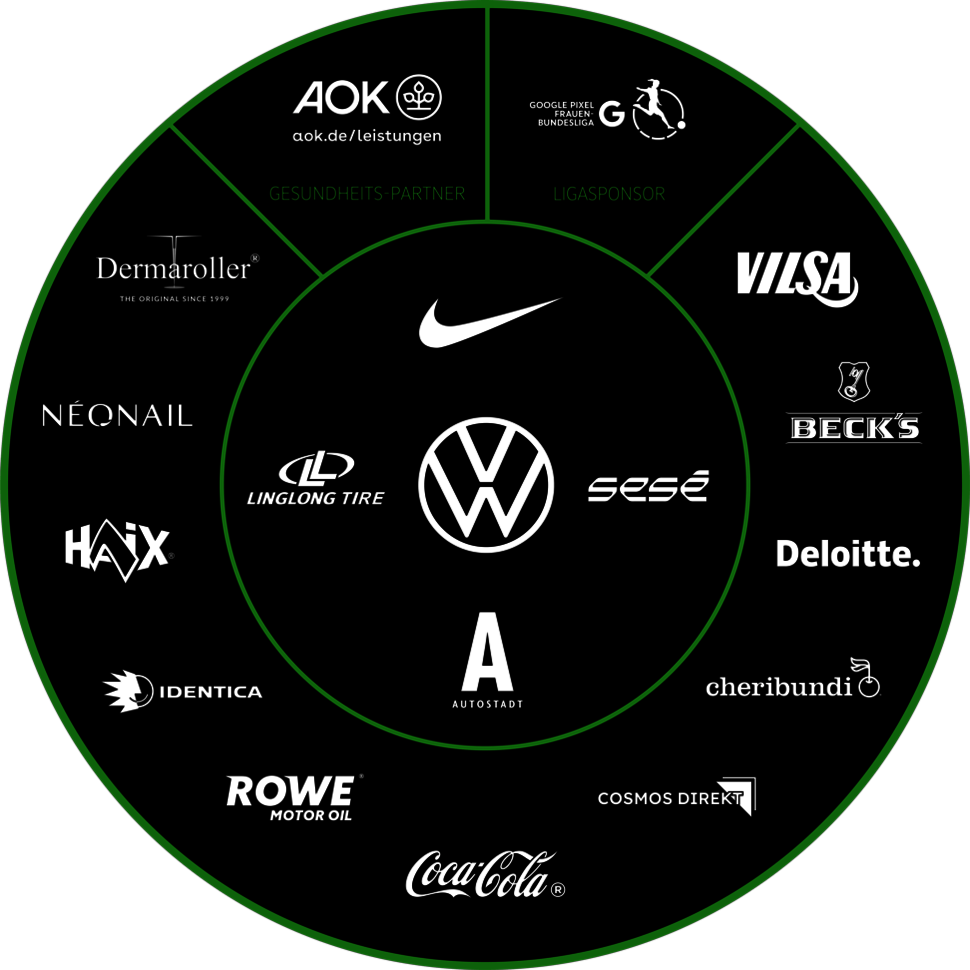You were there as part of the “From the Field to the Fan Shop” initiative. What’s the core business?
Zelonczewski: “VfL Wolfsburg and other Bundesliga clubs are committed to helping Indian farmers make their fields and production facilities sustainable. We want to establish organic cotton in the Bundesliga in the long term and offer it to fans. We went on site to find out what happens in the entire supply chain – from the field to the fan shop. We looked at the factories, the dye works and the working conditions, and we also see ourselves as multipliers. If you have been there, you can speak better and more credibly. What we were able to take away was very positive and will also be important for us if we continue to push and promote the issue.”
Who benefits from the project, particularly with regards to the working conditions and education prospects for women and children?
Zelonczewski: “Indian culture is different, the standard of living cannot be compared to ours. The poverty makes you think. That's why it was all the more important for me to be on site and get to know the region. In Tiruppur, where we visited the factory, the working conditions are very good. Football has a responsibility and can influence the masses. We have to manage to explain to the fans in a reasonable way why, for example, a t-shirt can become more expensive. The supply chain is sustainable and transparent, a family has a better income and safety is looked after during work. These are the precise areas that we support with this project.”
What changes does the switch to organic cotton bring to VfL and what can customers and fans expect in terms of the price and quality of the merchandise?
Zelonczewski: “At the moment it’s difficult to calculate the overall impact on prices due to many circumstances. Discussions with service providers and suppliers will take place soon. The goal is to keep the pricing in line. We have already changed a lot with the Green Button, but the new Fairtrade Standard promises even better quality. But we don't just want to offer a better product, we also want to make the supply chain more sustainable. Something like a t-shirt has many steps before it is finished. From washing to printing, we look at everything – from the field to the shop. We hope that the fans will understand and go along with us.”
